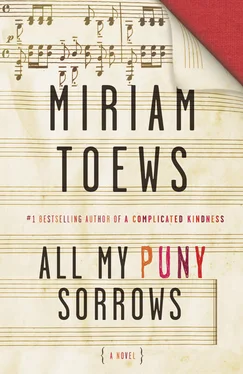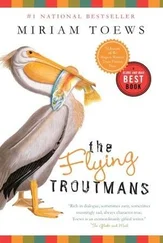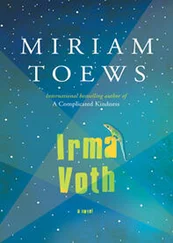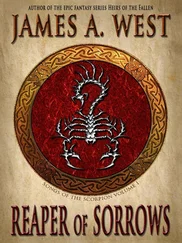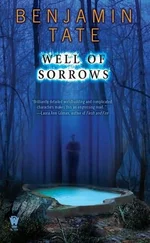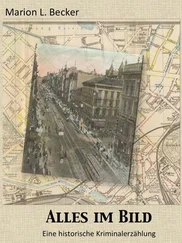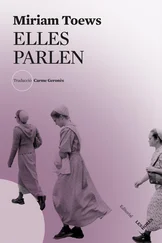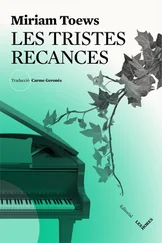We drank our beer. He told me that Elf’s book had arrived in the mail. It was Final Exit , the book on how to kill yourself with plastic bags and whatnot. I said oh my god, throw it away! But he said he couldn’t do that because it would be an invasion of her privacy and an attack on her personal rights and freedoms. You don’t just throw out someone else’s mail. I argued with him for a while and he said maybe he could hide it away in a closet until she stopped being suicidal. And then what? I said. Haul it out and give it to her as a birthday surprise? Just throw the goddamn thing in the garbage. I can’t throw a book, any book, in the garbage, he said. I said okay, then mail it back to Amazon or wherever it came from. But it’s not mine, he said. All right, let me throw it out, I said. He said he can’t let me do that, it’s still not right.
Oh my god, Nic and I are having a fight. We don’t want to have a fight. Or maybe we do if it makes us feel like we’re doing something, getting somewhere, solving problems. Nic and I are approaching the task of caring for Elf from two entirely different angles, from a sterile laboratory and from the dark side of the moon. He is pragmatic, scientific, and believes in prescriptions, in doctors’ orders and in their omnipotence.
One of my latest ideas for saving Elf’s life is to have her parachuted into a strange and brutal place like Mogadishu or North Korea where she’d be forced to survive on her own in ways like never before. It was a risky plan. She could throw herself on the mercy of a child soldier and just get herself shot and that would be that or she could be jolted into a completely new notion of what it means to be alive and what is required to stay alive. Her adrenal gland would begin to work overtime and she’d be lifted up, energized, hunted, and desperate to outwit her attacker and survive. She would be utterly alone in this violent setting — though I would somehow have attached a live webcam to the side of her head or something like that so that I could track and monitor her progress. When I was convinced that she had established new parameters to living, found a new life strategy, as my father put it a couple of days before he ended it altogether, that she had come to thrive on the challenge, on the game of living, when she had come to the point of realizing that, like a normal person, lo and behold, she really didn’t want to die, I’d have her helicoptered out and we could go on like before, laughing, walking, breathing, getting pedicures, making plans for next week and Christmas and the spring and old age. But Nic prefers the idea of medication and regular exercise and he’s her primary caretaker, her husband, her immediate next of kin, so Elf won’t be jumping out of a plane into downtown Mogadishu with nothing but the shirt on her back and a camera strapped to her head any time soon.
Nic and I stare off at the red booths of the restaurant and sip our beer and wonder and think. We have stopped arguing. I tell Nic that Claudio called me at the hospital, that he suspects something isn’t right. I tell him that one of us definitely has to call him back. Nic sighs and says yeah, he knows, but what if she changes her mind and I remind him of how many millions of times she’s said she can’t do the tour and Nic says yeah, she always says that and then she does the thing and she’s on top of the world. But only because she’s survived it, I say. But then it doesn’t take long before she realizes that she hadn’t wanted to be rescued in the first place. I think that when she feels like she can’t play anymore then her life is over.
Yeah, says Nic. Well, he’s been calling me too. I don’t answer. But I feel guilty about it.
It is so quiet in this restaurant. I ask Nic if he is also feeling the earth rotate on its axis. He reminds me that we’re in a revolving restaurant at the top of Fort Garry Place in Winnipeg, Manitoba, Canada, and that the day is such and such. I thank him. I apologize for giving him a hard time about the phone call and the book and he waves it away and says no, no. I want to hug him. I want to thank him for loving my sister and her rights and freedoms. I ask him if the waiter will stop this thing, the building, to let us off and he says yeah, there’s gotta be a switch somewhere. Or we could wave our arms in the air and yell faster, I say. We play a little tug of war with the check. I’ll get this. No, I’ll get this. We walk out into a tornado, it seems — it’s a prairie wind — and Nic tells me that in the days and weeks after I left for Toronto Elf had adopted a new mantra.
What was it? I ask him.
Yolandi, he says.
Me? You mean my name?
She joked that maybe she’d be able to will you back into existence.
I was only in Toronto, I say, not dead. Besides, she told me that her mantras inevitably dissolve into meaninglessness and then begin to terrify her. And I’m fighting tears again. And apologizing to Nic for something. He tells me that Elf feels the same way about days, about the days constantly coming around, over and over, the sun rises, birds begin to sing, there is a moment of possibility, of excruciating hope, and then it’s over, things darken, the day is simply another tease. There is no delivery from the torment of the days. It’s the repetition of things that kills her? I ask. Nic sighs. He doesn’t know. I trip over the uneven sidewalk and swear. He catches my elbow. Two boys walk past us with a canoe on their heads. We think they’re boys but all we can see are hairy calves and beat-up sneakers, oversized basketball shorts and bare backs. No heads or arms. By the amount of hair and muscle on their calves and their narrow waists I’d say they’re about fourteen or fifteen years old.
I wouldn’t put that in the river right now, Nic calls out to them. It’s too dangerous.
The boys stop and awkwardly turn themselves around, canoe and all, to listen.
We’re not, one of them says. Four brown legs and a canoe on their heads for a surface, they are a designer table, strange and beautiful.
Seriously, says Nic, the river is crazy right now. It’s moving at 380 cubic metres a second and it still has some ice on it.
The boys say nothing but the canoe shifts slightly and then we hear them softly mumbling to each other under the boat.
Don’t do it, says Nic. Maybe in a week or so. Then suddenly in one beautiful, fluid motion the boys lift the canoe off their heads, flip it over like a pancake and lay it down on the grassy boulevard next to the sidewalk.
Oh, hi, says Nic. I wave hello and smile. The boys are grim, young and tired.
What about downstream? says one of them, and Nic shakes his head vigorously.
No, no, not in any direction. Just stay out of the river for the time being. What’s the rush?
The boys tell us they’re trying to get to Roseau River Reserve.
That’s miles away, says Nic. That’s near the U.S. border, isn’t it?
We know, says one of the boys. We’re from there.
The boys tell us that they want to get home, back to their real mom. They’re foster kids in the city and they hate it and their foster parents beat them up and starve them, and the Warriors are trying to recruit them for operations and they’re going home, that’s it.
Now we have a situation, as the cops would call it. Neither Nic nor I know what to say or do. The boys shrug and mumble more things to themselves and bend to pick up the canoe, tipping it up and onto their shoulders.
You don’t have life jackets, I say. The boys ignore me.
Yeah, he says. Listen. Hang on. The boys have already begun to walk away. They stop walking again, but they don’t put the canoe back onto the ground. Nic and I walk over to where the boys are and stand next to them with the canoe acting as a barrier between us like a confessional booth.
Читать дальше
